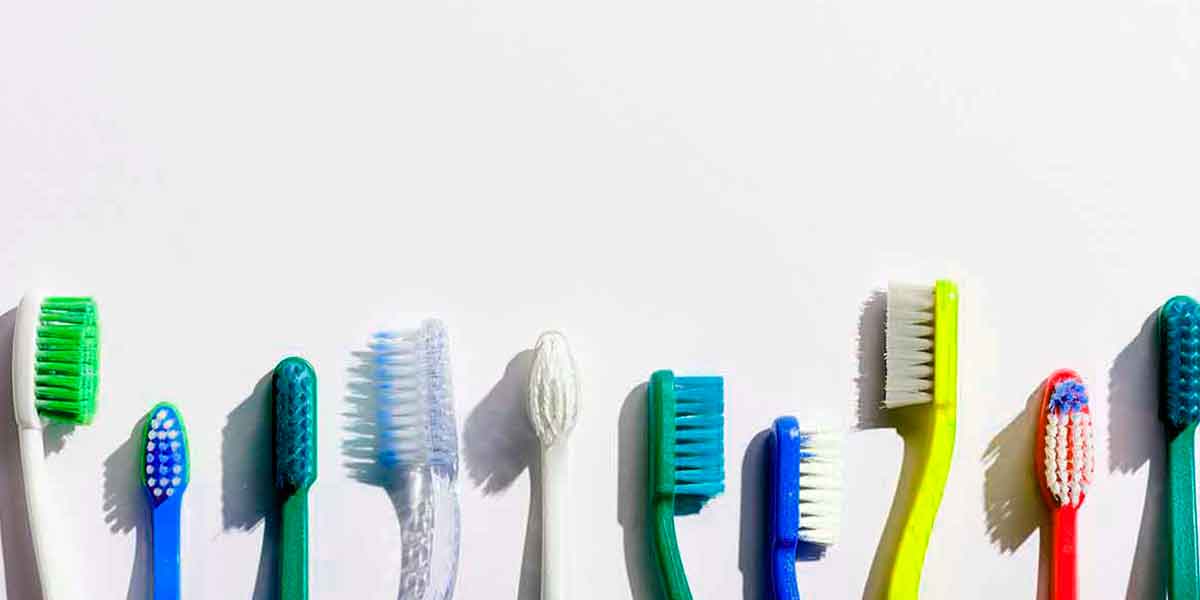Maintaining proper oral hygiene is crucial for overall health, and selecting the appropriate toothbrush plays a key role in this process. The type of bristles on a toothbrush is a significant factor to consider when making your choice. Being knowledgeable about the different types of toothbrush bristles can help you make an informed decision and promote the health of your teeth and gums.
Significance of Toothbrush Bristle Type
Different types of toothbrush bristles are tailored to meet specific dental requirements. Choosing the right bristle type ensures effective plaque removal and gum disease prevention without causing harm to your oral health. Let’s delve into the main types of toothbrush bristles available today.
Soft Bristles
Soft bristles are the most recommended type by dental professionals. They are gentle on both the gums and enamel, making them suitable for individuals with sensitive teeth or gums. Soft bristles excel in removing plaque and food debris without causing any irritation or damage.
Benefits of Soft Bristles
- Gentle on gums and enamel
- Effective in plaque removal
- Ideal for individuals with sensitive teeth
Medium Bristles
Medium bristles are slightly firmer than soft bristles and offer a more thorough cleaning experience. They are ideal for those without gum sensitivity who desire a deeper clean. However, using medium bristles too aggressively can lead to irritation.
Advantages of Medium Bristles
- Provides a more thorough cleaning
- Effective in eliminating stubborn plaque
Hard Bristles
Hard bristles are the firmest type and are designed for individuals seeking an intense cleaning session. While they can effectively remove plaque and stains, cautious usage is crucial as they may harm the gums and enamel. Dentists do not typically recommend hard bristles for daily use due to the potential for damage.
Advantages of Hard Bristles
- Effective at removing tough plaque and stains
Drawbacks of Hard Bristles
- May cause gum irritation and enamel wear
- Not suitable for daily use
Specialty Toothbrush Bristles
Apart from the standard soft, medium, and hard bristles, specialty bristles tailored to specific dental needs are also available. These bristles often combine different materials or shapes to provide targeted benefits.
Ultra-Soft Bristles
Ultra-soft bristles are even gentler than standard soft bristles, making them perfect for individuals with extremely sensitive gums or those recovering from dental procedures. They ensure a gentle cleaning experience while effectively eliminating plaque.
Benefits of Ultra-Soft Bristles
- Extra gentle on gums
- Ideal for post-surgery dental care
Charcoal-Infused Bristles
Charcoal-infused bristles are crafted to offer additional whitening advantages. The charcoal aids in removing surface stains and may possess antibacterial properties, enhancing overall oral hygiene.
Advantages of Charcoal-Infused Bristles
- Assists in removing surface stains
- Potential antibacterial benefits
Silicone Bristles
Silicone bristles are a newer alternative in the toothbrush market. They are gentle and flexible, providing effective cleaning while being easy on the gums. Additionally, silicone bristles are more durable than traditional nylon bristles and simpler to maintain.
Advantages of Silicone Bristles
- Gentle and flexible
- Durable and easy to clean
Selecting the Right Toothbrush Bristle for You
When picking a toothbrush, consider your individual dental needs and preferences. Here are some guidelines to help you select the appropriate bristle type:
- Opt for soft or ultra-soft bristles if you have sensitivity in your gums or teeth.
- Medium bristles may be suitable for a thorough clean without gum sensitivity.
- Avoid hard bristles unless recommended by your dentist.
- Explore specialty bristles like charcoal-infused or silicone for added benefits.
In Conclusion
Being aware of the various toothbrush bristle types can greatly impact your oral hygiene routine. Whether you require soft bristles for sensitive gums or medium bristles for a deep clean, choosing the right toothbrush bristle type is crucial for maintaining optimal oral health. Consult with your dental professional to determine the best option for your specific needs and ensure you are using the most effective tools for oral care.




